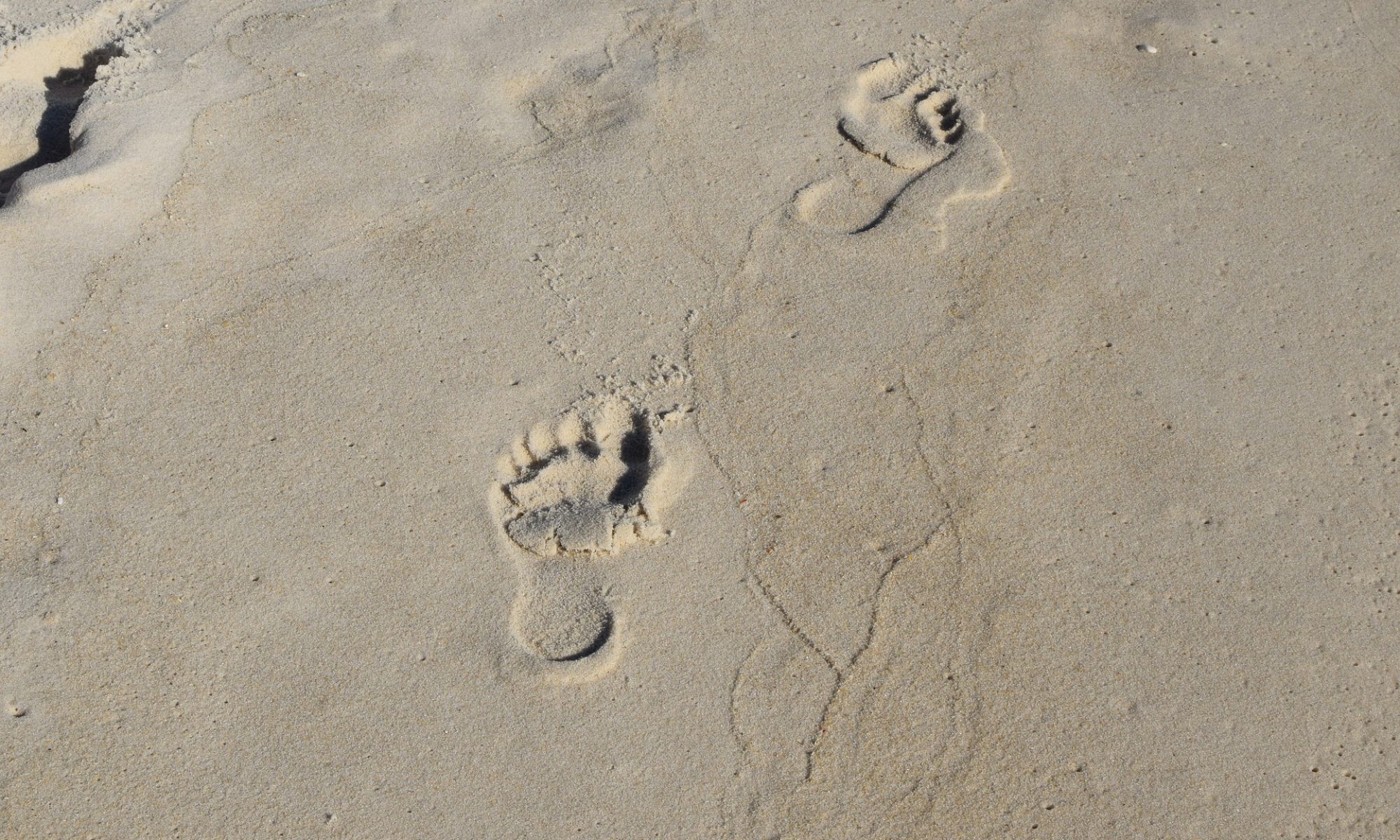On 8th– 11thJune, the Global Carework Summit was held at University of Toronto, Canada. One of our project team, Tula Brannelly is part of the Care Ethics Research Consortium who organized two panels focusing on decolonization and care. Tula presented on the Care and Practices of Liberation and here she outlines the discussions that took place:
Speakers
Inge van Nistelrooij & Rodante van der Waal (University of Humanistic Studies, Utrecht, Netherlands): ‘Liberating the Pregnant Body’: disempowerment and disembodiment in maternity care
Tula Brannelly (Bournemouth University): Decolonising research methodologies though indigenous and non-indigenous partnerships: care-based methodologies
Joan Tronto (University of Minnesota): Decolonizing Global Care Chains
Chair and discussant: Sophie Bourgault, University of Ottawa
The session
The choice of topic had prompted some discussion between the panel members, with an overall approach of offering some solidarity with decolonization, and Maurice Hammington presented a position from which to question colonization of moral theory in the first panel.
Joan Tronto presented work in progress on decolonizing global care chains, which were a significant topic of discussion throughout the conference, calling into question the profiting from colonization while keep citizens of colonised countries in perpetual precarity through poor employment processes and conditions.
I presented on Indigenous and non-Indigenous research partnerships, highlighting that these are current and happening but there is little guidance; that research funders are calling for global northern researchers to impart knowledge to global southern researchers with a pre-colonised framing that ignores Indigenous knowledge; and that the ethics of care was my guide for my partnerships with Indigenous researchers when in Aotearoa New Zealand.
I outlined some of the issues identified by this project team in this area and played the last ten minutes of our podcast discussion, Footprint in the Sand.
Afterwards I discussed my paper An Ethics of Care Research Manifesto. The panel was well attended, and the presentation was well received, prompting debate and discussion.
Highlighting the need for research, as Deborah McGregor says in our podcast, “to show love for future generations” raised some questions about what this might mean, with much interest as this as a criteria for whether to go ahead with ideas for research as postgraduate and seasoned researchers.
